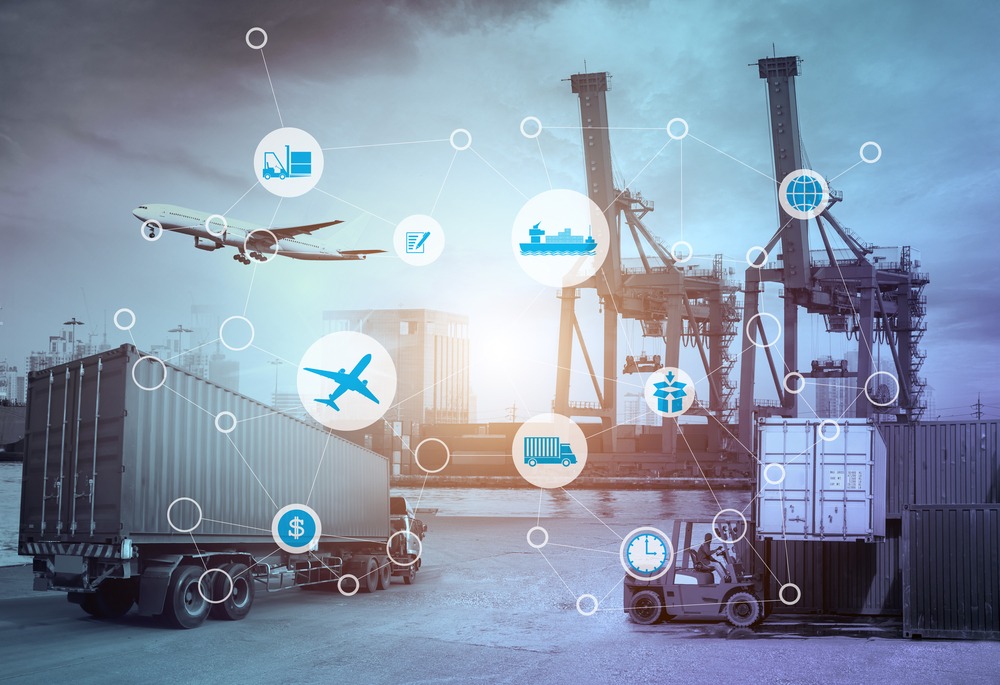
The potential for digitized ports around the world to make the global maritime supply chain operate more efficiently, and steps needed to achieve that goal, highlighted a recent two-day meeting that brought port leaders from around the world to Los Angeles.
The meeting was organized by chainPORT, a collaborative initiative launched by the Port of Los Angeles and the Hamburg Port Authority in Germany in 2015. Representatives from ports in Shanghai, Antwerp, Barcelona, Montreal, Felixstowe, Indonesia, and Shenzhen took part in the meeting.
“Working together to explore best practices and innovation, as well as leading-edge technology to improve port operations is more important than ever in a global environment,” Gene Seroka, the executive director of the Port of Los Angeles, said. “As a port, we need to continue to evolve and adapt to remain both competitive and relevant.”
The meeting began with a presentation by Seroka on a supply chain optimization pilot project being undertaken at the Port of Los Angeles in collaboration with GE Transportation. A digital portal implemented under the program enables cargo owners and supply chain stakeholders to view real-time shipping information as cargo is transported across the ocean.
A presentation by Jens Meier, the CEO of the Hamburg Port, outlined a vision for digitalized ports in the future, and steps needed to make that goal a reality.
“Port operations are becoming more and more complex, and we strongly believe port authorities working together around the globe can add significant extra value to the global supply chain,” Meier said. “Collaboration in a global network of ports and digitization is the way of the future.”
Prior to globalization, Kieran Ring, the CEO of the Global Institute of Logistics, said ports were judged based on their ability to accommodate ships and other modes of transportation efficiently and effectively.
“However, increased international trade and the global economic environment have given rise to a new breed of customers who demand optimum flexibility, efficiency, and transparency in their dealings with ports,” Ring said.